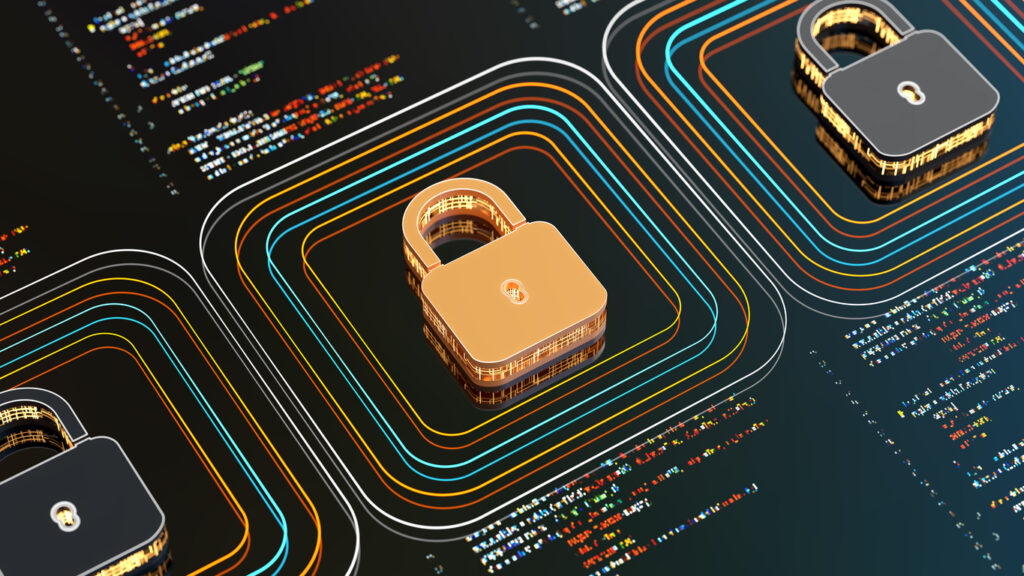The Payment Card Industry Data Security Standard (PCI DSS) provides a comprehensive framework for securing cardholder information. One of the critical aspects of PCI DSS compliance is maintaining robust firewall configurations.
This blog will steer you in the right direction on how to complete your PCI firewall review checklist. It’ll encompass critical components such as risk assessment, implementing security controls, and maintaining a comprehensive audit trail throughout the audit process.
Understanding the PCI Firewall Review Checklist
The PCI DSS requires organizations to protect cardholder data by implementing strong firewall configurations. Here’s a breakdown of the key components of a PCI firewall review checklist:
- Establish and Implement Firewall and Router Configuration Standards:
- Documented Standards: Ensure that your organization has documented firewall and router configuration standards. This includes the validation of all firewall changes and maintaining a comprehensive firewall rule base to ensure consistency and security.
- Network Segmentation: Segment your network to isolate systems that store, process, or transmit cardholder data from other networks.
- Restrict Inbound and Outbound Traffic:
- Policy Rules: Implement and enforce firewall rules that restrict inbound and outbound traffic to only those connections that are necessary for business purposes. This is a fundamental aspect of access control and information security, ensuring that only essential communications are allowed through the network.
- Least Privilege: Ensure that access is granted based on the principle of least privilege, minimizing unnecessary exposure. This principle should be applied across all operating systems to maintain a high level of information security and protect sensitive data from unauthorized access.
- Secure Configuration and Regular Maintenance:
- Regular Reviews: Regularly review firewall and router rule sets to ensure they are still necessary and configured correctly.
- Change Management: Implement a change management process to track and document changes to firewall and router configurations.
- Install Personal Firewall Software:
- End-User Devices: Ramp up your cybersecurity by installing and activating personal firewall software on any portable computing devices that connect to your network and access cardholder data.
- Regular Testing and Monitoring:
- Log Monitoring: Regularly monitor firewall logs to detect and respond to suspicious activity.
- Penetration Testing: Conduct regular penetration testing to identify and remediate vulnerabilities in your firewall configurations.
Pro Tips for a Successful PCI Firewall Review
- Automate Where Possible:
- Use automated tools to continuously monitor and review firewall rules and configurations. Tufin’s security policy management solutions can help streamline this process, reducing manual effort and minimizing errors.
- Regular Training and Awareness:
- Ensure your teams are regularly trained on the latest PCI DSS requirements and most up-to-date firewall management practices. This training should include updates on handling default passwords, maintaining high compliance levels, utilizing intrusion detection systems, and ensuring all systems remain PCI compliant. It’s especially helpful to share with your team a PCI compliance checklist, document common methodologies for meeting PCI security standards, and vocalize and revisit your incident response plan.
- Document Everything:
- Maintain thorough documentation of all firewall configurations, changes, and reviews. This documentation is crucial for demonstrating compliance during PCI audits.
- Utilize Network Segmentation:
- Proper network segmentation can limit the scope of your PCI compliance efforts, making it easier to manage and secure cardholder data environments. By automating the management of your firewall policy and rule base, you can enhance security and reduce the risk of data breaches.
Common Pitfalls to Avoid
- Ignoring Rule Reviews:
- Failing to regularly review and update firewall rules can lead to outdated or overly permissive rules that compromise security. Schedule regular reviews and apply necessary security patches to ensure that all firewall rules and system components are current and effective.
- Incomplete Documentation:
- Failing to create documentation such as audit reports or audit logs can hinder your ability to demonstrate compliance during audits. Ensure that all changes, configurations, and reviews are thoroughly documented.
- Neglecting End-User Devices:
- Overlooking the need for personal firewall software on portable devices can expose your network to risks. Ensure that all end-user devices are adequately protected.
- Overlooking Change Management:
- Failing to implement a change management process can result in unauthorized or undocumented changes to firewall configurations. Use a structured process to manage and document changes.
Conclusion
Completing a PCI firewall review checklist is more than good business—it fortifies your internal network, staves malware, and helps you better meet compliance requirements.
By following the outlined steps, leveraging automated tools like Tufin’s solutions, and avoiding common pitfalls, organizations can ensure their firewall configurations are robust, compliant, and effective. Embrace a proactive approach to firewall management to protect your network and maintain PCI DSS compliance.
For more insights on firewall management and PCI compliance, get a demo and explore our range of solutions designed to enhance your network security efforts.
Ready to Learn More
Get a Demo





